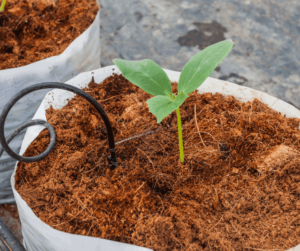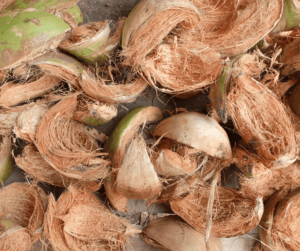Peat Compost to be banned by 2024 in the UK. Fortunately, you have the alternative.
Peat moss has been main ingredient of composed soil in British garden centers since 1960. Indeed, by the late 1990s peat comprised 94% of growing media in the UK. even though it’s not actually that beneficial for plants. The reason why this spongy turf is coveted by gardeners is that it can hold onto both water and air and it’s generally free of pests and diseases. This makes peat the perfect environment for seeds to grow and establish solid roots.
However, only few users realize that peat composts take thousands of years to form. Peat is particularly decomposing remains of ancient plants and animals and extracted from bogs, fens, marshes. Peatlands in Europe absorbs five times more carbon than rain forest and exacting peat for agriculture for compost releases CO2 to the atmosphere accelerate climate change.
The UK government plans to ban peat use among amateur gardeners by 2024. It had originally hoped garden centers in England would willingly stop selling peat-based products. With the proposed ban and a pledge to restore 35,000 hectares of peatland across the UK by the year after, retailers can no longer delay the transition to peat-free compost. Happily, for green-fingered consumers, more ecologically kind growing media made from Coconut husk can still keep gardens blooming beautifully.
The alternative
Coco Coir
Water for coconut growth and washing of the raw material comes mainly from natural precipitation, and drying of coir is done in the open air in the sun without using other energy sources. Dry coconut coir is also commonly compressed into blocks and slabs, which expand 3-5 times upon addition of water. This allows transportation of large volumes of growing media in just a fraction of the space, therefore reducing its carbon footprint. However, transportation to some locations can be costly since coconut coir production is mostly limited to just a few countries, mainly Sri Lanka, India, Indonesia, Philippine, and Brazil.



